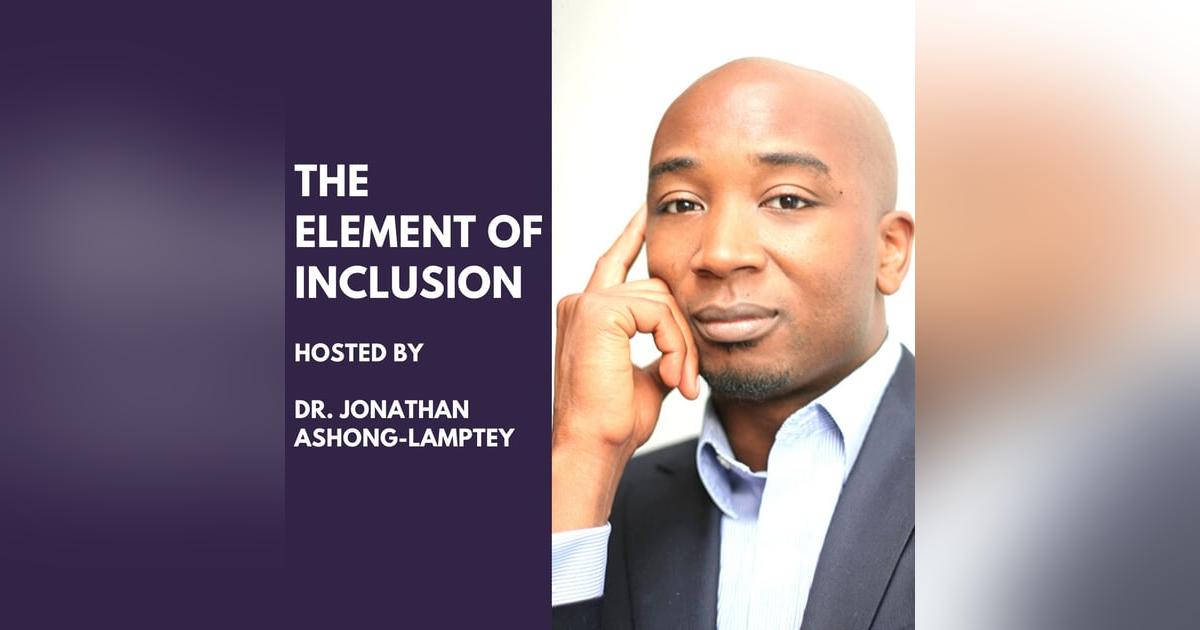The Biggest Mistake Employee Resource Groups Make When Working With Role Models

Role Models are often portrayed as the solution to many of the challenges that minority groups experience in the workplace.
Find out what this actually means and how you can use role models in your resource group.
Role Models are often portrayed as the solution to many of the challenges that minority groups experience in the workplace.
Find out what this actually means and how you can use role models in your resource group?
Here are some key messages from this episode
- The biggest mistake that employee resource groups make when working with role models
- The crucial shift in attitude that will transform the way you think about role models and resource groups
- Three tips to enhance the way you work with role models and much much more
Play the episode for more.
Here are some key takeaways from this episode
The Confusion between Role Models, Mentors and Sponsors
‘The term role model is often conflated with sponsor or mentor and not only does this this lead to confusion; it also means that we are not getting the most out of our role models”
The Attitude Shift that will transform the way you think about role models
“This is an important shift in attitude because it promotes our individual agency, our ability to act as thinking individuals for our best interests and this places us in the driving seat even when we think about role models”
Employee Resource Groups are important for role models
“One of the most compelling findings of my ongoing research that first appeared in my PhD is that in the absence of developmental relationships, mentors and mentoring functions. Employees want the resource group to act as one”
Here are some resources so you can go deeper
Mentoring at Work: Developmental Relationships in Organizational Life
Check out these related episodes of the show.
Is Your Diversity Approach About Individual or Group Differences?
Why Being Told To “Get A Mentor” Is Such Bad Advice For Inclusion
Whenever you’re ready, there are a few ways I can support your Inclusion Journey:
2. Get Practical Book Insights
For everything else check this








